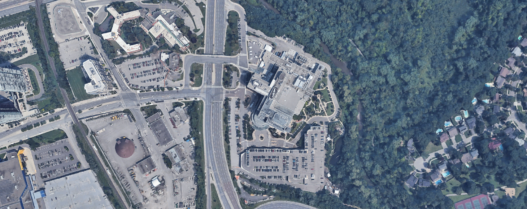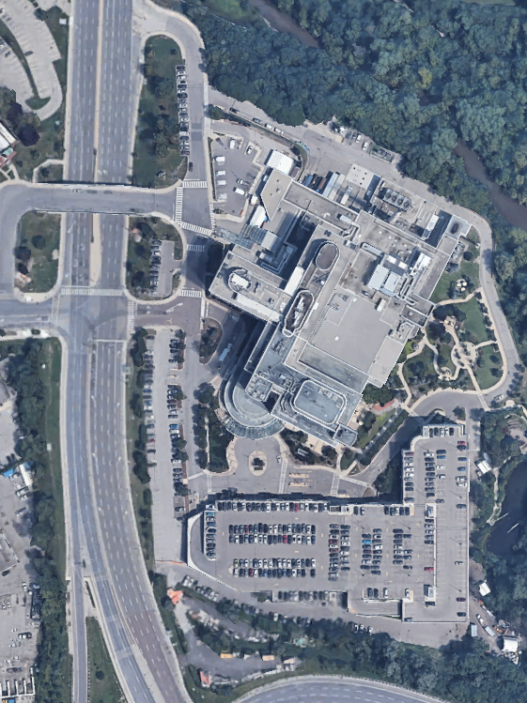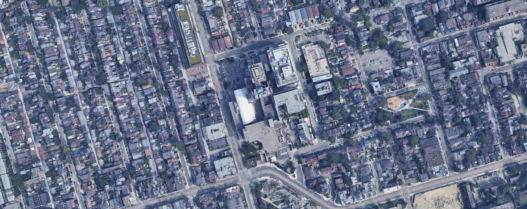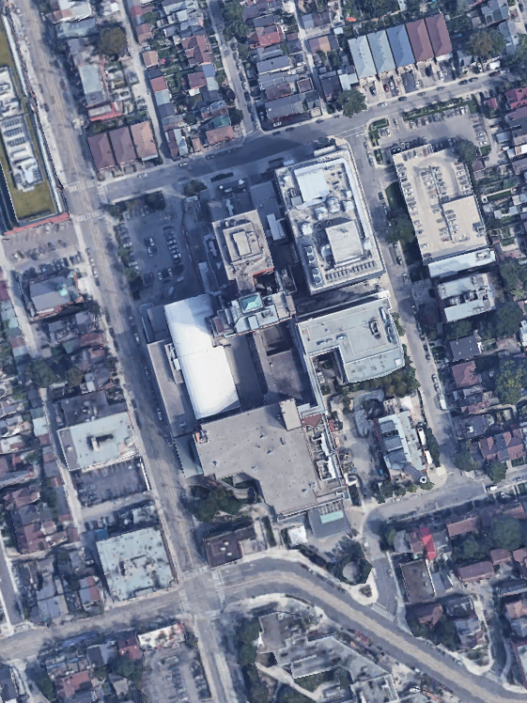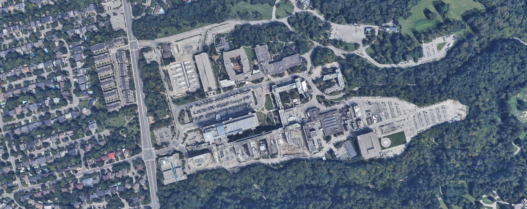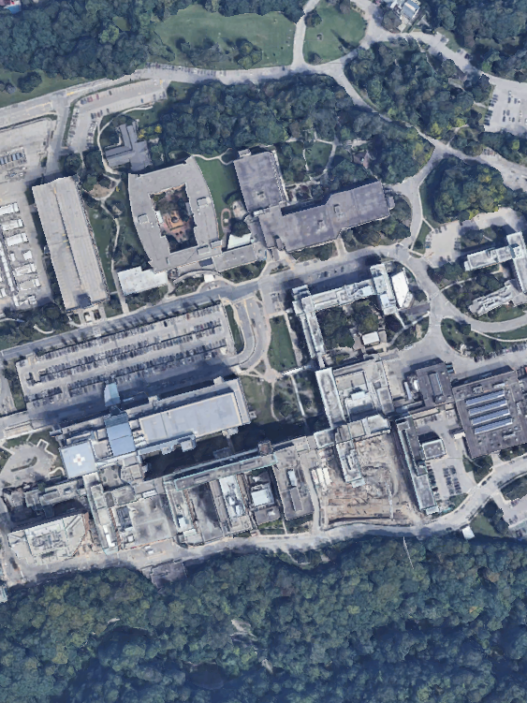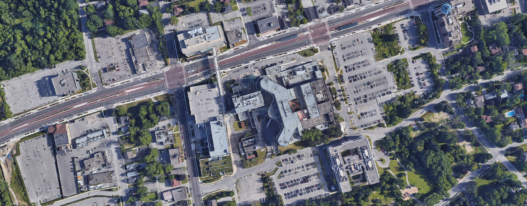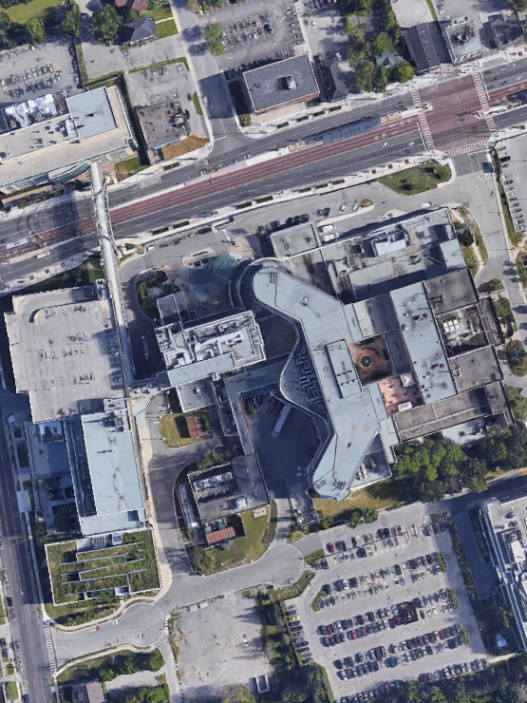Hernia surgery wait times can be long for British Columbia residents. Long wait times can prolong discomfort and pain for patients, and increase the risk of complications.
⬇️ Scroll down to compare hospitals by expected wait time. Always verify the current expected wait times with your primary care physician or referred specialist.
Hernia surgery is a medical procedure to repair hernias, where an organ or tissue bulges through a weak area in the surrounding muscle or connective tissue. The purpose of the surgery is to relieve symptoms, reposition the protruded organs to the correct location, and strengthen the weakened area to prevent future occurrences.
Wait 1 is defined as the time between a patient receiving a referral from a primary care physician and their specialist consultation. Wait 2 is defined as the time between the decision to proceed with surgery and the surgery itself.
Table of Contents:
- Paying for hernia surgery in BC
- BC hospitals with shortest hernia surgery wait times
- BC hospitals with longest hernia surgery wait times
- Interpreting wait times & data limitations
- Advocating for better data access
Paying for hernia surgery in BC
In BC, the health care system, supported by the Medical Services Plan (MSP), offers coverage for hernia surgery, making it accessible to all eligible residents. This ensures that patients can receive the necessary surgical intervention without incurring the full direct costs. Despite the coverage, there might be waiting periods for elective surgeries due to the healthcare system’s demand.
BC hospitals with shortest hernia surgery wait times
Below are five top hospitals in British Columbia which have the shortest wait times for hernia surgery:
- 🥇 Surrey Memorial Hospital has the shortest wait time at 3 weeks for hernia surgery in British Columbia
- 🥈 Cariboo Memorial Hospital and Health Centre, with an average wait time of 3.2 weeks, ranks second for the shortest wait time for hernia surgery in British Columbia
- 🥉 Prince Rupert Regional Hospital, with an average wait time of 3.2 weeks, ranks third for the shortest wait time for hernia surgery in British Columbia
- Sechelt Hospital (also known as shíshálh Hospital), with an average wait time of 3.2 weeks, ranks fourth for the shortest wait time for hernia surgery in British Columbia
- Chilliwack General Hospital, with an average wait time of 3.9 weeks, ranks fifth for the shortest wait time for hernia surgery in British Columbia
BC hospitals with longest hernia surgery wait times
Below are five top hospitals in British Columbia which have the longest wait times for hernia surgery:
- 🐌 University Hospital of Northern British Columbia, has the longest wait time at 37.9 weeks for hernia surgery in British Columbia
- 🐢 Penticton Regional Hospital, with an average wait time of 33.7 weeks, ranks second for the longest wait time for hernia surgery in British Columbia
- 🦥 Richmond Hospital, with an average wait time of 25.9 weeks, ranks third for the longest wait time for hernia surgery in British Columbia
- Vernon Jubilee Hospital, with an average wait time of 23.9 weeks, ranks fourth for the longest wait time for hernia surgery in British Columbia
- Dawson Creek and District Hospital, with an average wait time of 21 weeks, ranks fifth for the longest wait time for hernia surgery in British Columbia.
Interpreting wait times & data limitations
Several factors can extend the average wait times for surgery in British Columbia. Clinical considerations often lead doctors to delay surgeries based on a patient’s medical needs or other priorities. Additionally, patients may postpone their procedures due to personal reasons like scheduling conflicts, financial constraints, or a preference to delay treatment. The availability of hospital operating rooms also plays a critical role. These spaces are necessary for surgeries but can be scarce if occupied for other medical procedures or impacted by labor shortages. Seasonal variations further influence both room availability and staffing levels, potentially prolonging wait times during certain periods.
Conversely, average wait times can sometimes seem shorter than anticipated due to various factors. Some patients have flexible schedules, allowing them to fill slots that become available unexpectedly, thus shortening their wait. This adaptability, when averaged with others, can make overall wait times appear more favorable. Seasonality affects this dynamic as well, with certain times of the year experiencing lower demand for surgeries or increased temporary staffing, which can enhance room availability and reduce delays.
Advocating for better data access
We are thankful for the Province of British Columbia’s efforts in providing hospital wait times for surgeries. British Columbia stands out globally for its transparency in reporting hospital wait times and covers a wide array of medical procedures.
We encourage the Province of British Columbia to expand its data reporting to include average wait times by hospital, as seen in Ontario, Alberta, Manitoba, and Nova Scotia. This information would greatly benefit patients by allowing them to choose doctors with shorter wait times.
Readers can consider reaching out to the Province of British Columbia to advocate for this beneficial change.
Learn wait times for common medical procedures in British Columbia:








